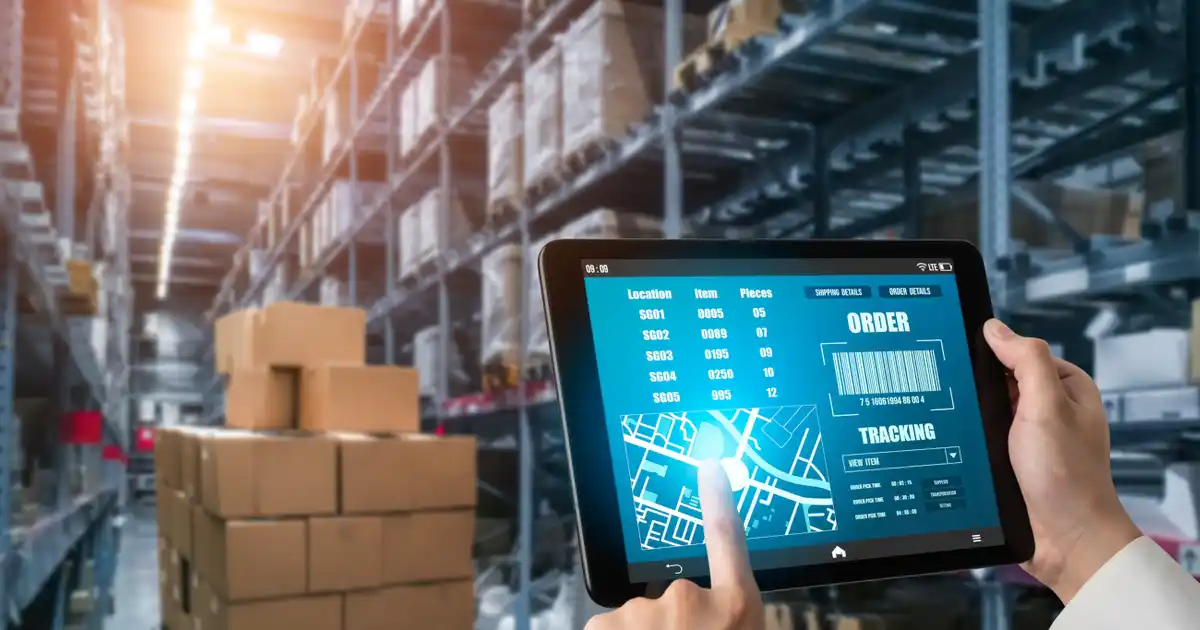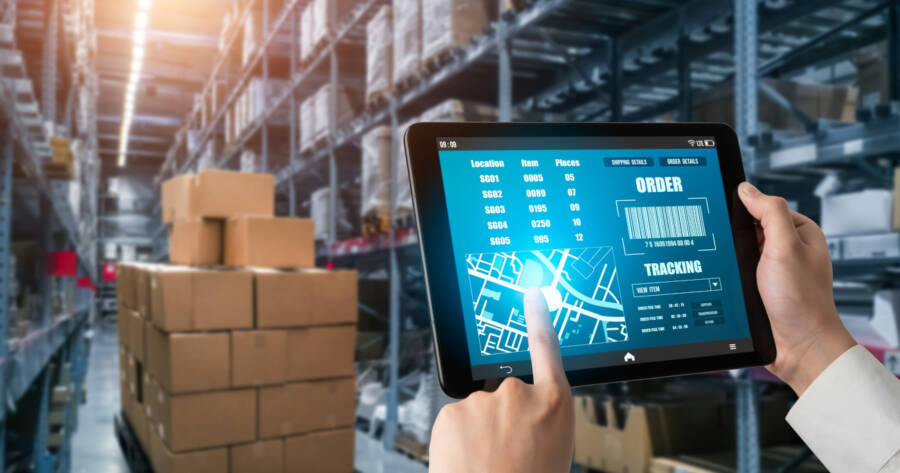Supply chain management has undergone a significant transformation, led by rapid technological advancement. Fortunately, with a quick search online, you can learn everything you need to know about supply chain management.
From leveraging big data to embracing artificial intelligence (AI) and the Internet of Things (IoT), supply chain management is at the cusp of a digital revolution. It’s time to explore these dynamic changes, and uncover insights into the future of supply chain management.
The Integration of Artificial Intelligence
Artificial Intelligence (AI) is set to become a cornerstone of future supply chain management. AI’s ability to process large amounts of data and make predictive analyses is transforming how businesses forecast demand, manage inventory, and make logistical decisions.
For instance, AI algorithms can predict market trends, adjust inventory levels in real-time, and even identify potential disruptions in the supply chain. This proactive approach minimizes waste, optimizes resource allocation, and ensures a more efficient supply chain.
Leveraging Big Data and Analytics
Big data and analytics are playing a pivotal role in reshaping supply chain strategies. By harnessing the power of vast amounts of data, companies can gain unprecedented insights into consumer behavior, supply chain bottlenecks, and operational inefficiencies.
This data-driven approach enables more informed decision-making, leading to enhanced supply chain agility and resilience. Moreover, analytics can help in identifying sustainability practices, thereby contributing to more environmentally friendly supply chain operations.
The Role of the Internet of Things (IoT)
The Internet of Things (IoT) is revolutionizing supply chain management by providing real-time visibility and control over various assets. IoT devices, such as sensors and RFID tags, enable tracking of products from manufacturing to delivery, offering a transparent and responsive supply chain.
This connectivity not only improves inventory management but also enhances the quality control processes. The ability to monitor conditions like temperature and humidity in real-time ensures that products, especially perishables, are maintained in optimal conditions throughout their journey.
Blockchain Technology for Transparency and Security
Blockchain technology is emerging as a game-changer for supply chain transparency and security. By creating a decentralized and tamper-proof ledger, blockchain provides a secure and transparent way to track the provenance and journey of products.
This is particularly crucial in industries where authenticity and ethical sourcing are paramount. Blockchain’s ability to provide end-to-end visibility and traceability can significantly reduce fraud and improve compliance with regulatory standards.
Adapting to Changing Consumer Expectations
Modern technology has led to a seismic shift in consumer expectations, particularly regarding delivery speed and customization. Supply chains are now expected to be not only efficient but also flexible enough to cater to personalized consumer demands.
This shift necessitates the adoption of advanced technologies and innovative strategies to ensure that supply chains can respond swiftly to changing market trends and consumer preferences.
Automation and Robotics in Warehousing
Automation and robotics are transforming warehousing operations, making them more efficient and cost-effective. Automated guided vehicles (AGVs), robotic picking systems, and drone deliveries are just a few examples of how robotics is being integrated into supply chain operations.
These technologies not only speed up the warehousing process but also reduce the scope of human error, leading to higher accuracy and efficiency in the supply chain.
Embracing Cloud Computing for Flexibility and Scalability
Cloud computing is increasingly becoming vital for supply chain management, offering flexibility and scalability. Cloud-based solutions enable businesses to manage and analyze data from anywhere, facilitating collaboration across different components of the supply chain.
This accessibility ensures that supply chain managers can make informed decisions promptly, adapting to market changes or disruptions swiftly. Moreover, cloud computing supports the integration of various supply chain technologies, providing a cohesive and efficient management platform.
Cybersecurity in the Digital Supply Chain
As supply chain networks become more digitally interconnected, the importance of cybersecurity cannot be overstated. Protecting sensitive data against cyber threats is crucial.
Implementing robust cybersecurity measures ensures the integrity and confidentiality of data flowing through the supply chain network. This involves not only securing the IT infrastructure but also educating employees about potential cyber threats and adopting best practices in data management and protection.
Learn More Today
The future of supply chain management in the digital era is both exciting and challenging. As technologies like AI, IoT, and blockchain continue to evolve, they are poised to fundamentally redefine how supply chains operate, making them more efficient, transparent, and responsive.
The integration of these digital innovations is not just a trend but a necessity to stay competitive in a rapidly changing global market. Remember, the journey towards a fully digital supply chain is ongoing, and there is much more to explore and learn. Stay curious and continue to seek out new knowledge online to stay abreast of the latest developments in this fascinating field.
 Shutterstock: Summit Art Creations
Shutterstock: Summit Art Creations
